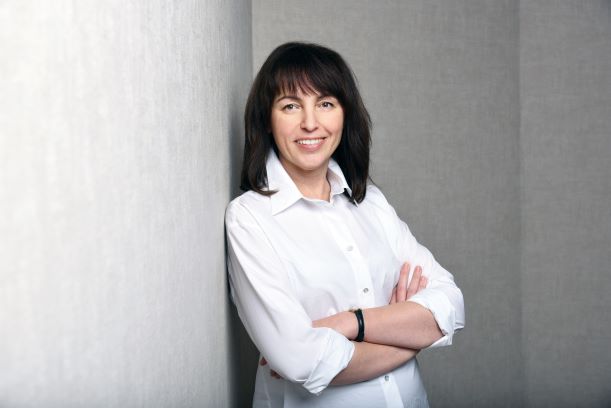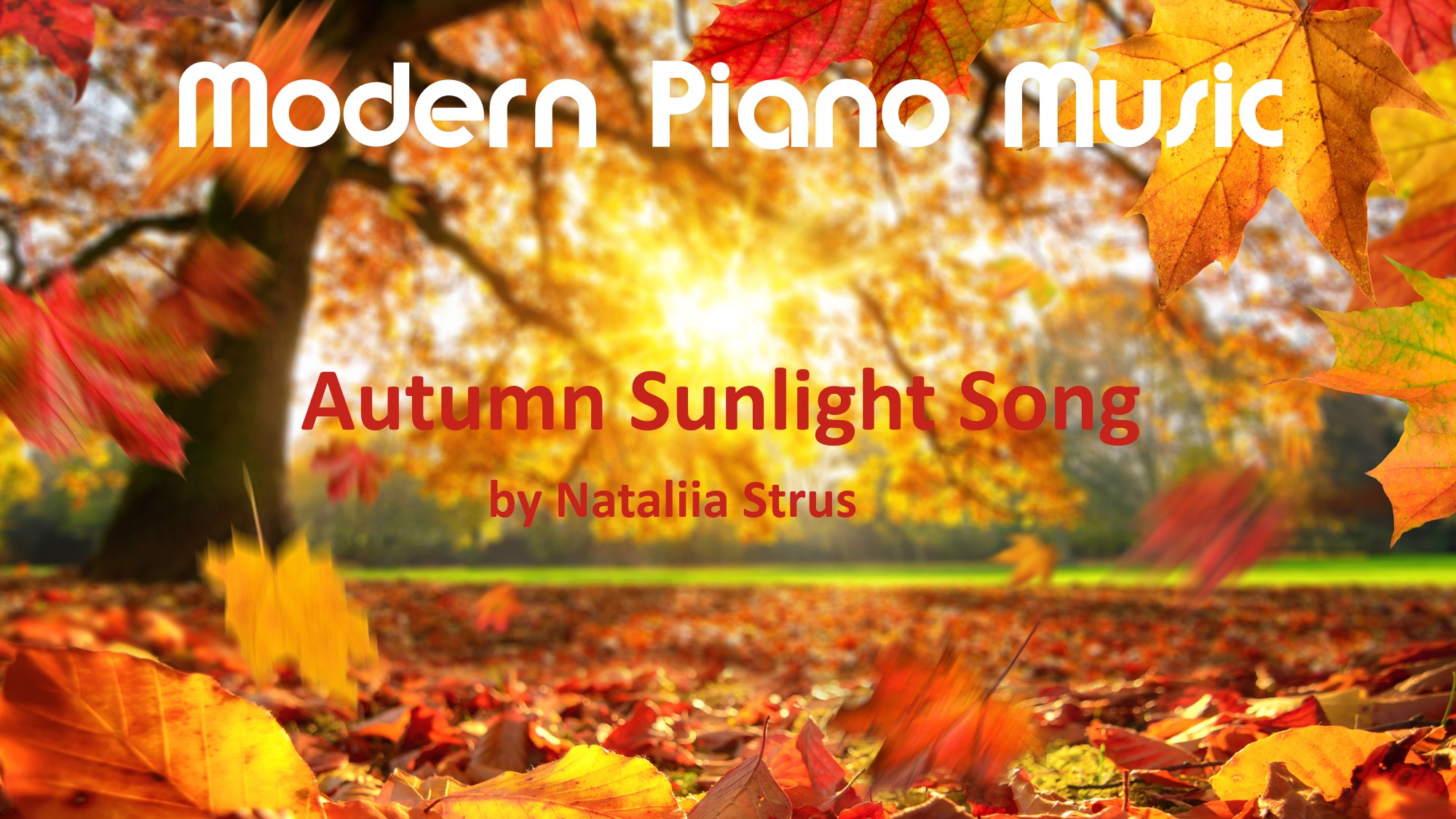About
Nataliia Strus is a composer and a pianist. She’s originally from Ukraine, where she spent most of her life, since 2011 she lives in Ahrensburg, Germany and gives private piano lessons. The musical education Nataliia got in Ukraine in Kryvyj Rih, first she studied playing piano in Musical College, and then in State Pedagogical University. After the graduation in 1997, she worked as a music teacher and later as an assistant professor at the Department of Pedagogy at University in Kryvyj Rih. In 2006 she got her PhD in Pedagogy writing thesis on “Musical Education”.
After many years of work as a piano teacher and tutoring, in 2019 Nataliia began to write her own music for piano and solo for instruments accompanied by piano. Her works are presented in different genres – from dance music to relaxing, peaceful and comforting one. Her most favourite compositions are musical pictures of nature and musical portraits.
Nataliia music has been published: "Breath of Music - 1, 2" (piano solo) and "Palette of Music - 1, 2" (piano duets and trios)

